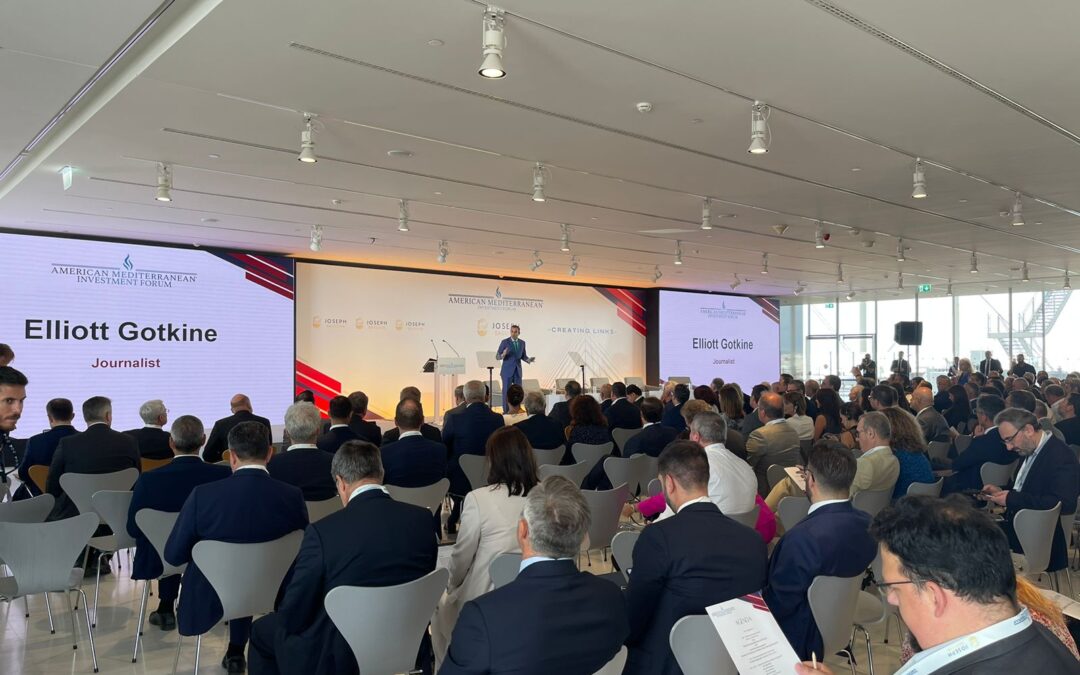“Is Argentina a safe country?” I asked innocently.
“Yes, Argentina is a safe country,” replied President Nestor Kirchner, before listing all the things his government had done to improve the security situation. But set against a backdrop of a spate of kidnappings, and the high-profile killing of one abductee, his response came across as showing callous disregard for the way ordinary Argentines were feeling – which was patently unsafe. It lacked empathy – something that was magnified the next day when, citing me and my BBC interview, “Argentina is a safe country,” ran as the front page headline for the country’s newspaper of record (and resulted in the President being somewhat miffed with me).
That was 20 years ago. Today, where every word is scrutinised and streamed live, the ability to communicate with empathy is more critical than ever. Failure to do so can make you come across as uncaring, or indifferent to your audience; it can muddy your message, and push people away from your point-of-view – even if you’re right.
Take BP. On April 20, 2010, methane that escaped from a well it was drilling ignited and caused an explosion to rip through its Deepwater Horizon oil rig. Some five million barrels of oil seeped into the Gulf of Mexico. Eleven workers were never found, presumed killed. Marine life was devastated. Everyone from Louisiana shrimpers to President Obama were livid.
Seeking to douse the flames, both literally and figuratively, BP CEO Tony Hayward flew out to personally oversee the cleanup effort, and to take the heat. It was always going to be a tough sell to an American public that was baying for blood (and billions in compensation). After suggesting that the oil spill was “tiny” relative to the “very big ocean” (factually accurate, but not especially wise words), it became even harder. Attempts at empathy only backfired, most notoriously his interview with CNN. It started off well enough, with Hayward all contrition and understanding. But it ended catastrophically: “We’re sorry for the massive disruption it’s caused to their lives,” he said. “There’s no-one who wants this thing over more than I do. You know, I’d like my life back.”
That would probably have done for Hayward. And perhaps deep down he knew, and figured further self-flagellation was pointless. Either way, the sight of him then taking part in a yacht race off the Isle of Wight was still galling for the U.S. government. Rahm Emanuel, President Obama’s chief of staff, said Hayward had committed yet another in a “long line of PR gaffes” by attending the race while oil was still spewing from the Gulf well. BP knew he had to go. Had Hayward chosen his words more carefully; had he shown real empathy, he might have managed to cling to his job.
Empathy matters off-camera too. You may not need to worry about life-and-death matters like an oil spill, but knowing your audience – and showing them that you do – will help keep them engaged, and show them that you care. At a digital banking conference I hosted in Nairobi last year I shared that my mother used to live there ✅, because her father (my nonno) was an international bank inspector with the Ottoman Bank ✅.
At an investment conference in Athens I used my introductory words to reveal that I was one-quarter Greek ✅ and thanked them (in Greek) for having me. Of course, showing empathy to an audience won’t compensate for a lack of preparation, poorly-crafted words, or a dodgy background. But, if deployed correctly, empathy will help foster trust, build stronger connections with your audience, and enable you to sail through crises more effectively – and more safely.

